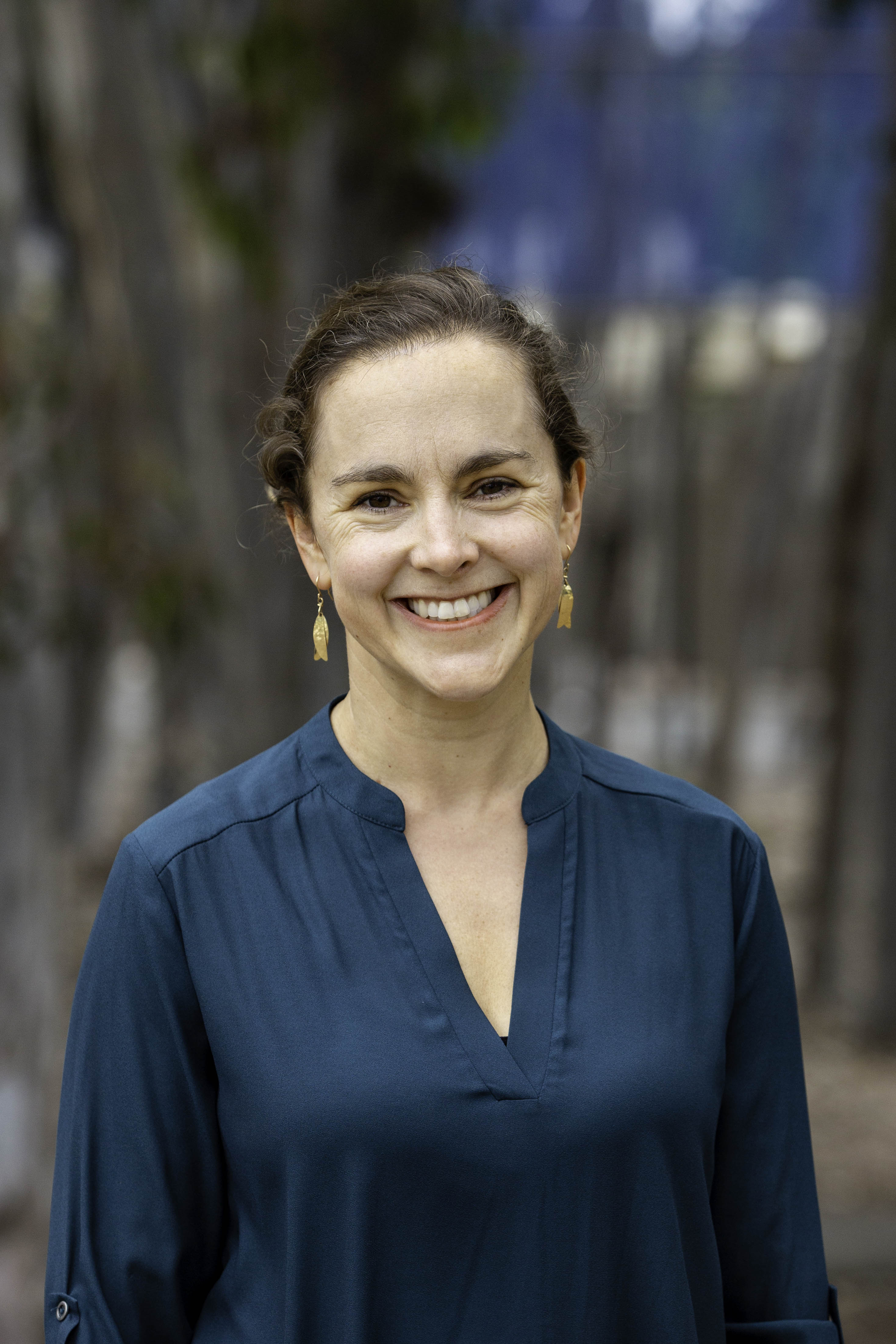
- alandrews@ucsd.edu
- (858) 822-4447
-
9500 Gilman Dr #0548
Mail Code: 0548
La Jolla , California 92093
CCIS Director, Professor of Urban Studies and Planning, UCSD

Abigail Andrews is Director of the Mexican Migration Field Research Program, Associate Professor of Urban Studies and Planning, and affiliated faculty in Sociology. Her research focuses on how US and Mexican state policies impact immigrants from Mexico, Central America, and Haiti, with particular attention to gender and political mobilization. She has also begun work at the intersection of immigration and climate change. Since 2017, Dr. Andrews has run more than a dozen community-action research projects, collecting data to inform the work of immigration advocacy organizations in the San Diego-Tijuana border region. A recent winner of UCSD's Distinguished Teaching Award, she collaborates with large teams of undergraduate and graduate students, more than 95% of whom come from immigrant families. She earned her PhD from the University of California, Berkeley in 2014.
My research focuses on state violence, gender, and grassroots advocacy among migrants from (and in) Mexico and Central America. I also look at how to nurture care, regeneration, and joy amidst intersecting climate and refugee crises.
I run numerous community-action research projects, including
My recent book, Banished Men: How Migrants Endure the Violence of Deportation, is Free & Open Source with UC Press (2023). From 2009-2020, the United States deported more than five million people. Over 90% of those people were men, and most spent time in prison and/or immigration detention before the US removed them. I ask: What becomes of men the US locks up and casts off as criminals? How do incarceration and exile shape their families, their struggles for rights and resources, and, more fundamentally, their sense of themselves as men? And how does US incarceration interact with urban spaces in Mexico to produce a new geography of migrant displacement? Nearly 30 Latinx undergraduate and graduate students contributed to the project, some of whom had parents deported during the work. Their voices shape the text and bring deep attention to the emotional lives of men.
My first book, Undocumented Politics: Place, Gender, and the Pathways of Mexican Migrants (UC Press 2018) traced how “voiceless” undocumented Oaxacan communities confront state exclusion, upend patriarchy, and fight to belong.
Throughout my work, I take a feminist, decolonial lens. I am interested in how states use ideas about gender to reinforce power inequalities. I also draw attention to the ways grassroots groups transform gender relationships as they confront unfair conditions. I share this focus with a group of feminist scholars with whom I co-authored a theoretical handbook, The Social Life of Gender (Sage, 2017).